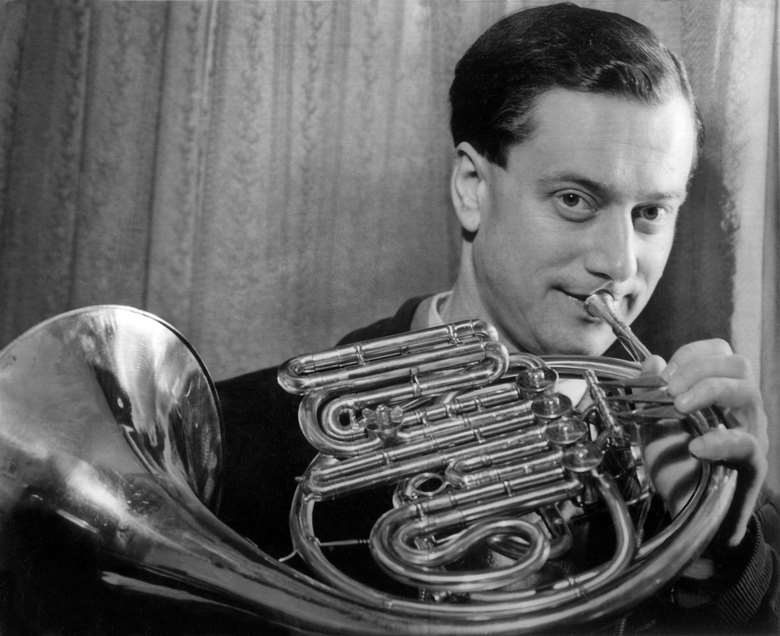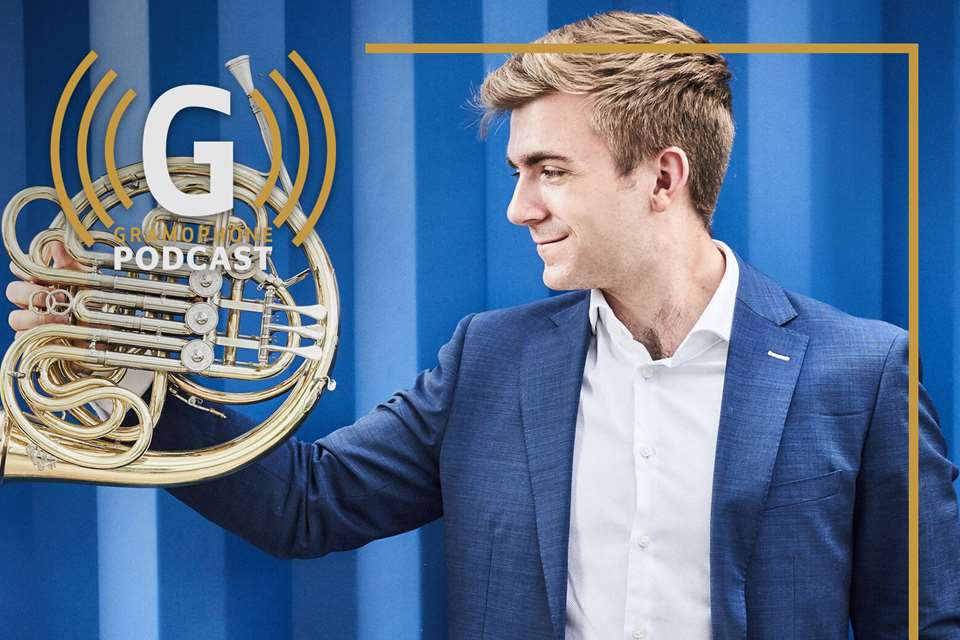Dennis Brain | Obituary (Gramophone, November 1957)
Walter Legge
Friday, April 16, 2021
Since the days when he first became internationally known there was no voice to dispute that Dennis Brain had achieved unequalled pre-eminence in his art...

Register now to continue reading
Thanks for exploring the Gramophone website. Sign up for a free account today to enjoy the following benefits:
- Free access to 3 subscriber-only articles per month
- Unlimited access to our news, podcasts and awards pages
- Free weekly email newsletter









